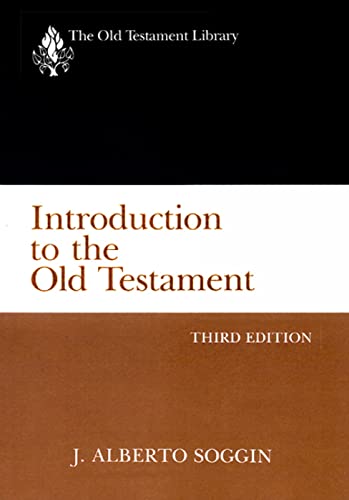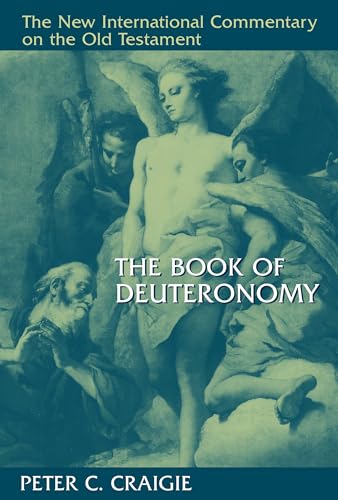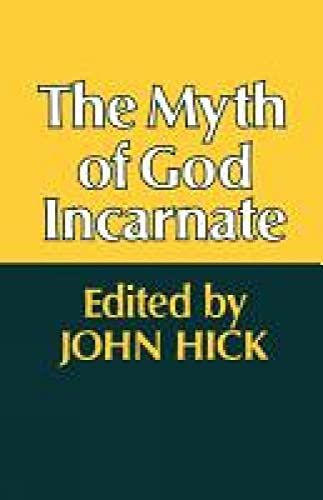Karl Barth: his life from letters and autobiographical texts
Written by Eberhard Busch Reviewed By Richard RobertsThis book is the definitive biography of Karl Barth, written by his last assistant, who has produced a monumental work based upon thorough documentation. The reader is taken almost week by week through Karl Barth’s long and active life from his birth in Basel in 1886 until his peaceful death there on 9 December 1968. Up till the last evening of his life Barth continued to write despite the increasing physical difficulties he experienced towards the end of his days. As a work of reference Busch’s book is indispensable, for through it the reader may relate, with great precision, the development of his thought and his vast literary output to the day-to-day interaction he had with theologians, church leaders and thinkers of his generation through the major historical events of the first half of the twentieth century. On a personal level Barth is revealed as a man who delighted in a wide range of pursuits (from reading detective stories to amateur equestrianism). It is, however when the reader attempts to relate the man to the work that more questions remain unasked or barely hinted at than answered. Barth had phenomenal energy and drive; he was undoubtedly a man of genius rather than mere talent who could produce the ‘not inconsiderable bulk’ (9185 pages) of the Kirchliche Dogmatik as well as a plethora of other writings with utter fidelity to his own presuppositions. This he achieved through several profound personal theological reorientations and against the background of violent godlessness and the ever-increasing secularization of European thought at a popular and intellectual level. The reader is not made privy to the inner man although he is made aware that Busch knows more than is recounted in full. Thus, for example, the strained relationships of Barth’s domestic life are alluded to but explained inadequately. Little reference is made to the response of those who encountered Barth personally and who may have recorded their impressions, or have been willing to do so. There is indeed little in this book which could be counted hagiographical and perhaps the finest compliment it could be paid is that Busch shows that this theologian must be judged by his work. The reader still might wonder, however, what Billy Graham thought of Barth and on a more serious level why Barth so decisively rejected the former’s mode of preaching. Allusions are given but no real insight vouchsafed into the over-all logic of Barth’s theological stance, because this book is written (as is Herbert Hartwell’s authorized introduction to Barth’s theology) from within the framework. Although Busch is no slave to ‘Barthianism’ he has seen fit to produce an objective and narrative account of Barth’s life which is mildly analytical but never as thoroughly critical as his subject was himself in life. This compromise between theological and personal biography is unsatisfactory because on the former level the reader is led to the books and occasionally into them, and as regards the latter the reader goes as far as the drawing-room but no further.
Despite the scale of this biography, its precision and the exemplary presentation by SCM and the translator, John Bowden, a sense of disappointment and even frustration remains. For me, this is because there is a complete failure to offer any judgment upon Barth’s life and work as a factor in the wider context of the culture (not merely the church life) of twentieth-century Europe. The sheer intellectual scandal of the life and mind of a genius being devoted to theology remains for Busch an unremarkable fact. Nor, on the other hand, is any insight given into the equally remarkable and consistent pattern of initial enchantment and subsequent repudiation of Barth (and Christianity) by a wide range of noted public thinkers who might now care to consign such engagement to the obscurity of their intellectual adolescence. Thus entry is given into the world of Germanophone academic theology but the isolation of the latter from the wider development of recent western thought is remarkable and salutary.
Karl Barth was a very great theologian, and it is above all the consistency of his life and thought in terms of his own theological principles and quest for a true theologia viatorum which we rightly encounter in this biography. Whether those principles can be shared by evangelicals is another matter, for in toto Barth and his theology remain an ambiguous enigma, despite Busch’s efforts. In one sense Barth’s life is but ancillary to his real memorial in his theology; but the latter remains ambiguous, in that it can be in the eyes of a Roman Catholic admirer the ‘consummation of the Protestant tradition’, or, from another standpoint, the reductio ad absurdum of that same tradition. Indeed it is also possible to ask why Barth was welcomed with such warmth in Rome at the end of his life and again why Protestant thought has largely rejected Barth as a theological guide. In Eberhard Busch’s biography of Barth, essential material is assembled and presented with exemplary clarity and organization but the fundamental issues concerning the person and work of Barth require a more ruthless critic yet to be found.
Richard Roberts
Durham University, England







